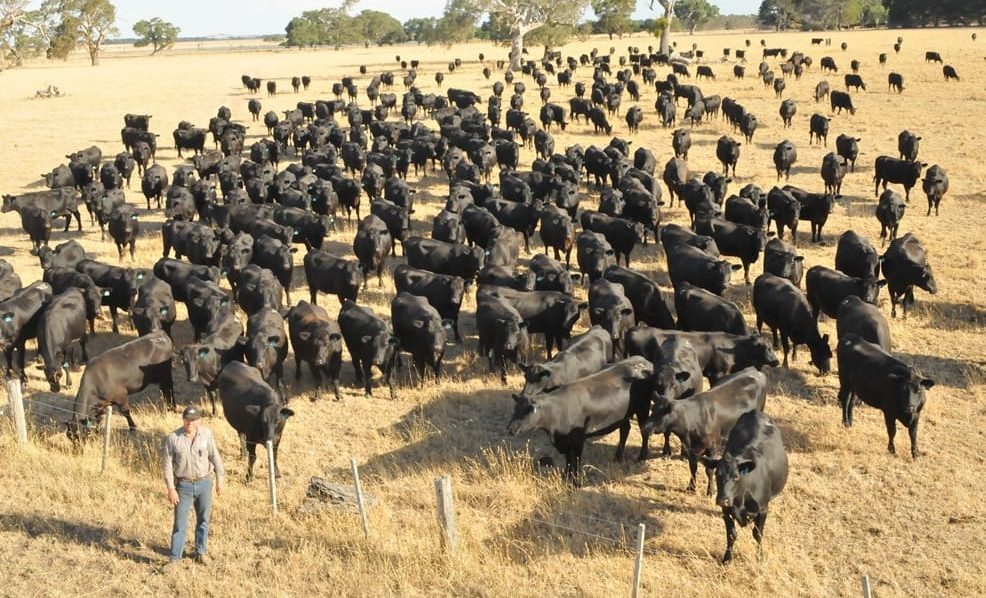Financially-strained borrowers should not expect an early Christmas interest rate present at the final central bank board meeting of 2024.
The Reserve Bank of Australia (RBA) is almost universally expected to leave interest rates on hold in December, marking more than a year at 4.35 per cent, an elevated level aimed at taming inflation.
Other central banks around the world are already easing borrowing costs but the RBA maintains Australia did not take rates as high as its peers and the jobs market has proven unusually strong.
All 44 economists polled by Reuters last week believed the RBA would keep interest rates on hold on Tuesday.
Credit: SBS News
When will rates ease?
The majority now expect the first cut in the June quarter, a departure from the November survey when the first three months of 2025 was the more popular pick.
Economists highlight strength in the labour market and the RBA’s assertive posture on underlying price pressures as reasons to believe the wait for cuts will be a bit longer.
While the annual headline inflation rate is sitting at 2.8 per cent — back within the target band of 2 to 3 per cent — the RBA’s focus has been on underlying price measures, which have been slower to moderate.
Importantly, underlying measures reduce the effect of irregular or temporary price changes, such as petrol and government energy bill rebates.
Yet last week’s national accounts showcased the slowest rate of annual growth in GDP in more than three decades, outside the pandemic, in a sign of an economy under stress.
HSBC chief economist for Australia, New Zealand and global commodities Paul Bloxham was unconvinced the softer-than-expected growth report would make the central bank more likely to cut rates.
“Although the September quarter GDP figures showed weaker than expected growth in demand, they also showed weaker than expected productivity growth, and hence a weaker supply side of the economy,” Bloxham wrote in a note.
“While weaker demand would normally be thought of as meaning lower inflationary pressures, this is not necessarily the case when supply is weaker too,” he said.
Interest rate cuts were “still some time away”, he predicted.
The economist expected little change in language in the RBA’s post-meeting statement and press conference given complex domestic and international conditions, highlighting a second Donald Trump presidency as a key source of uncertainty.
Australian Council Of Trade Unions secretary Sally McManus called for interest rates to be lowered at the December meeting.
“Working people are under so much pressure that household spending actually went backwards last quarter,” McManus said.
“Normally when that happens, the alarm bells sound in the central bank and it urgently cuts interest rates.”
She said the RBA’s fear of wages pushing up inflation was unfounded and the true cause of unsustainable price growth was supply chain issues and price gouging.





